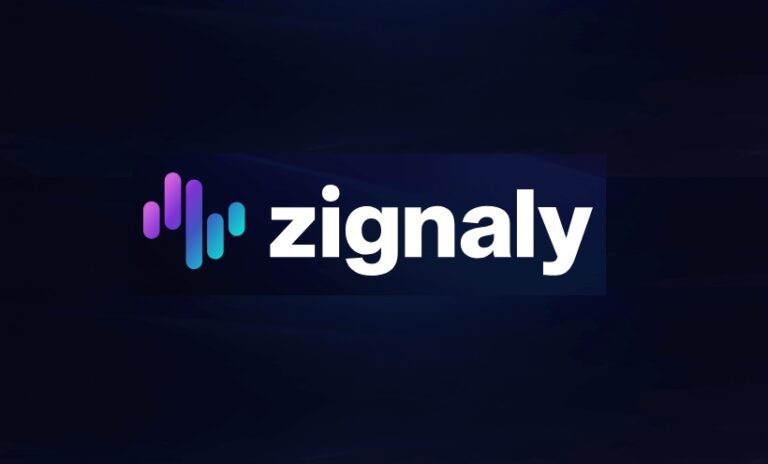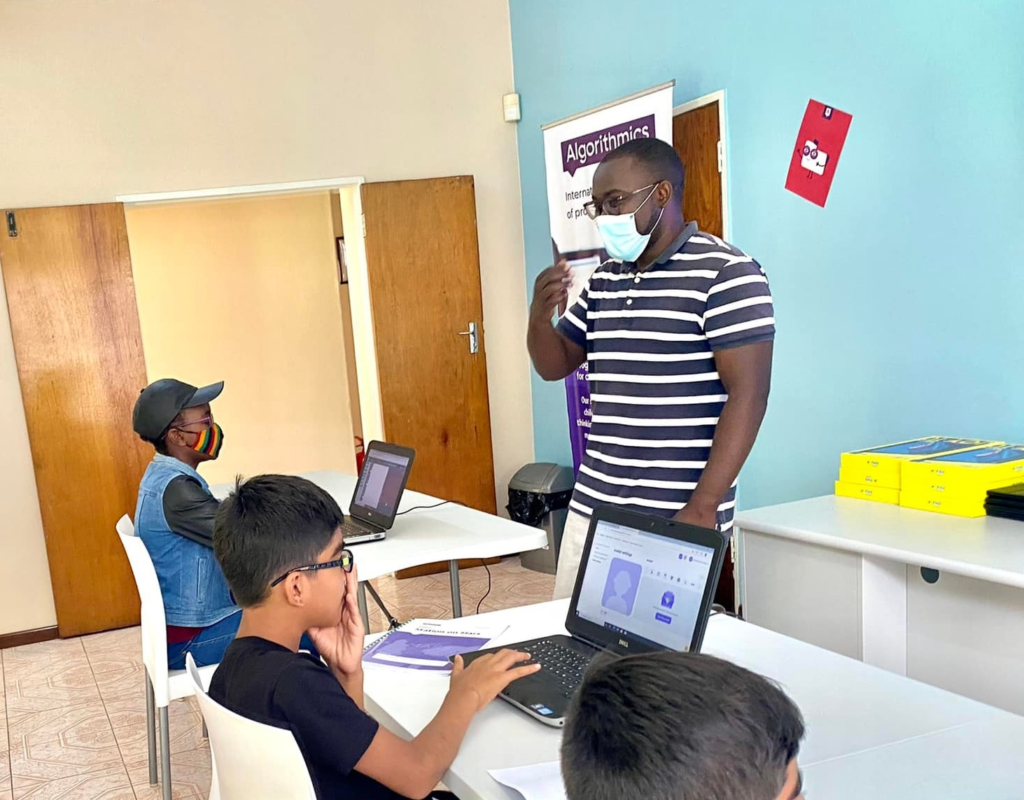
Around Africa: Angola Bans Crypto Mining, Zignaly Launches ZIGChain, and More
Quick Summary
- Angola’s recent ban on crypto mining sends shockwaves through Africa’s Bitcoin mining scene, impacting Chinese miners eyeing the continent’s low-cost electricity.
- Zignaly launches ZIGChain, Zambia fosters blockchain talent, and AltCoinTrader secures licenses amidst South Africa’s growing crypto interest. Explore the full story below.
- AltCoinTrader received licenses from the Financial Sector Conduct Authority (FSCA).

Angola has recently made waves in the cryptocurrency world with its decision to formally outlaw all crypto mining activities, a move communicated by the Chinese Embassy in Angola to its nationals. The decision, effective on April 10, follows the passage of legislation earlier this year by the Angolan parliament criminalizing cryptocurrency mining and related virtual assets.
This development has significant implications, especially for Chinese Bitcoin miners who have been seeking new operational bases following China’s crypto ban. With Africa increasingly becoming a hotspot for crypto mining due to its low-cost electricity, Angola’s ban comes as a blow to miners eyeing the continent.
According to the Chinese embassy, offenders in possession of cryptocurrency mining equipment could face up to five years of imprisonment, with confiscation of the equipment. Those directly involved in mining could face even harsher penalties, with up to 12 years in prison, while individuals utilizing power facility licenses may confront up to 8 years of imprisonment.
This move by Angola reflects broader concerns associated with crypto mining, including its significant energy consumption, carbon emissions, and potential disruption to a country’s economic and financial order. It also highlights the evolving regulatory landscape surrounding Bitcoin mining, influenced by environmental considerations and government policies.
Meanwhile, in other crypto news, Zignaly has launched ZIGChain, a layer-1 blockchain built on the Cosmos network, signaling further innovation in the digital asset space. The company’s announcement of a $100 million ecosystem development fund, backed by DWF Labs and UDHC, underscores the growing interest and investment in decentralized finance (DeFi) infrastructure.

Additionally, more than 250 Zambian university students recently participated in an online boot camp and hackathon focused on decentralized application development, showcasing Africa’s growing talent pool in the blockchain space. With students earning certifications and grants for their smart contract projects, the event highlights the continent’s potential to become a hub for blockchain innovation.

Finally, AltCoinTrader, a South African crypto asset service provider, has received licenses from the Financial Sector Conduct Authority (FSCA), signaling regulatory clarity and fostering greater trust in the South African crypto market. This development comes at a time when Bitcoin is reaching all-time high levels, driving increased interest in digital assets globally.
As Africa continues to navigate the complexities of crypto regulation and adoption, these developments underscore the continent’s growing significance in the global cryptocurrency landscape. From regulatory milestones to blockchain innovation, Africa is poised to play a pivotal role in shaping the future of digital finance.


